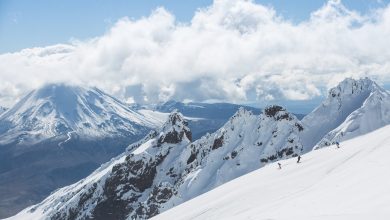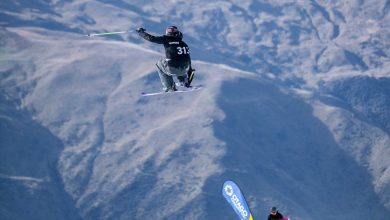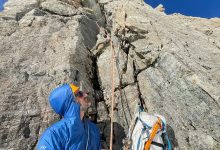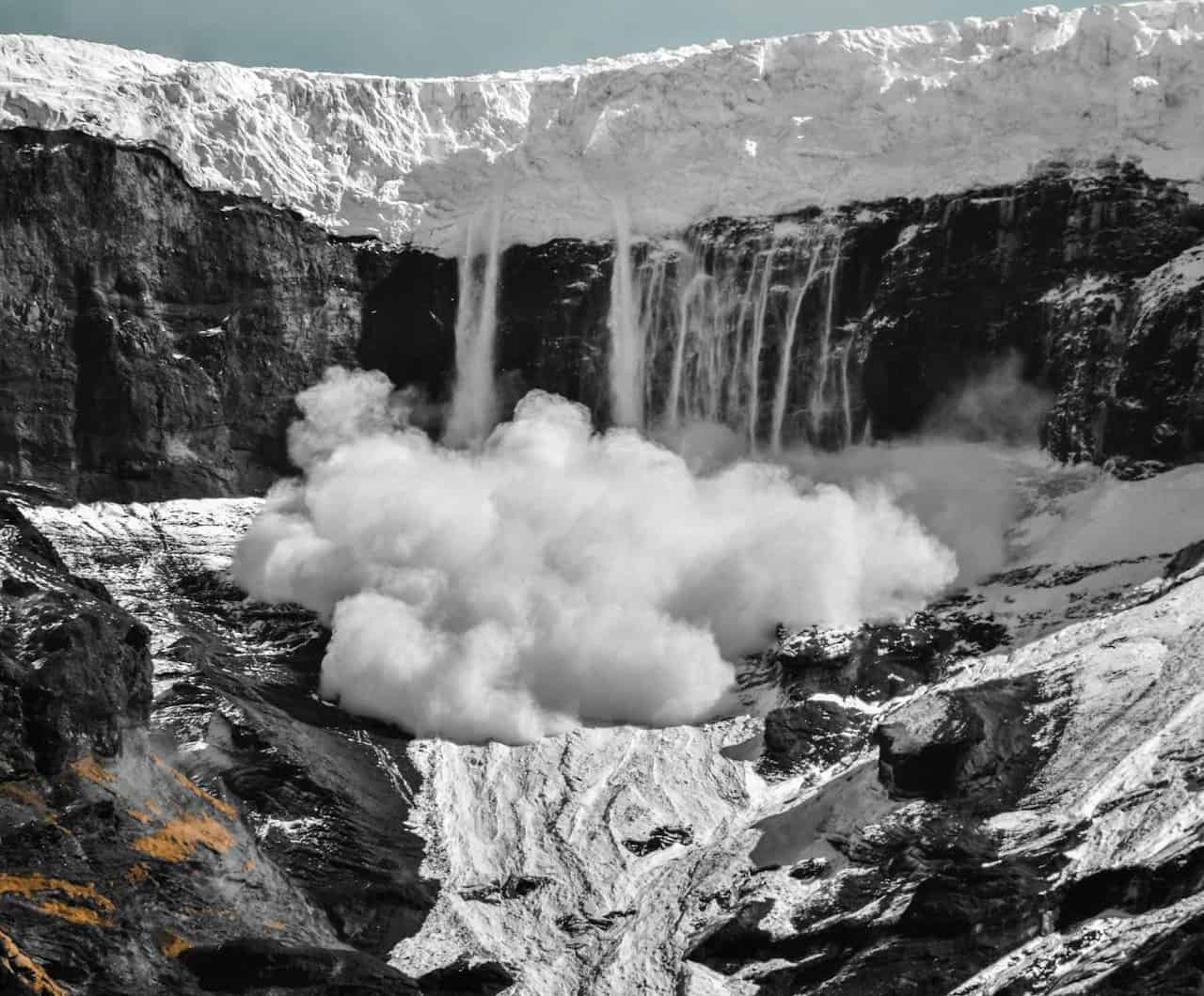
As snowfall increases across the motu and avalanche activity is reported in the South Island, NZ Mountain Safety Council (MSC) is urging backcountry alpine adventurers to check the avalanche forecast before a trip.
New Zealand’s official avalanche forecasting service, the NZ Avalanche Advisory (NZAA), provided by MSC, will be forecasting across all 13 alpine regions it monitors from Friday 27 June 2025. Avalanche activity has been reported in most regions via the NZAA’s public observations platform, with one avalanche involving a skier in Arthur’s Pass.
“Reports of avalanches in the south are an important reminder for anyone planning a trip into the alpine backcountry to check the avalanche forecast,” says MSC Chief Executive Mike Daisley. “Understanding the forecast, including the danger rating, and applying it to your plans is one of the most critical skills when heading into the backcountry.”
The NZAA gives backcountry users, such as skiers, snowboarders, mountaineers, trampers and hunters, vital information so they can plan their trip and make safe decisions in avalanche terrain. This includes the avalanche danger rating and any anticipated avalanche problems.
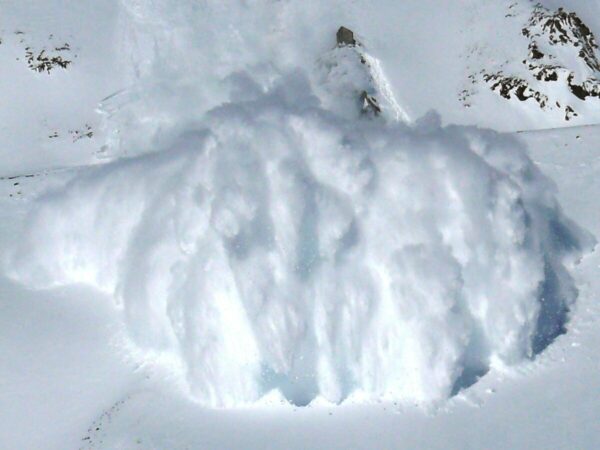
“Monitoring conditions throughout a trip is also crucial for your safety,” says Mike. “Conditions can change extremely fast in the alpine environment, so keeping a critical eye on the weather and snowpack for signs of instability is imperative. This ensures you can make informed decisions based on the current conditions.”
MSC’s new 23-part avalanche safety video series, Avalanche Tips and Terms: From the forecast to the field, covers essential knowledge to help navigate New Zealand’s dynamic and often challenging alpine terrain.
“This series promotes avalanche and alpine education. Backcountry users will learn how to effectively use information from the NZ Avalanche Advisory to keep themselves safe in the backcountry and better understand avalanche dangers that are unique to Aotearoa,” says Mike.
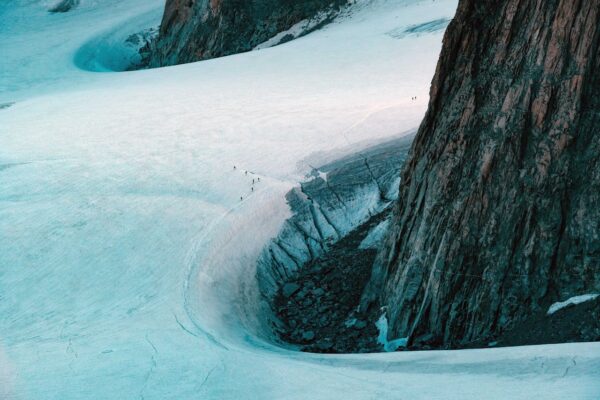
Before considering an alpine backcountry trip, MSC advises getting avalanche training from a recognised provider and having rescue gear, along with the knowledge of how to use it.
“Our goal is to support people to get out with their mates and enjoy the backcountry safely this winter. That means getting the skills and gear, planning thoroughly, and checking the avalanche forecast so you can make informed decisions.”
Top tips for avalanche safety from NZ Mountain Safety Council
• Watch the Avalanche Tips and Terms video series
• Attend an official avalanche training course
• Check, discuss and understand the NZAA avalanche forecast for your area.
• Assess the conditions throughout your trip and be prepared to turn around.
• Carry avalanche rescue equipment (transceiver, probe and shovel) and know how to use them.




